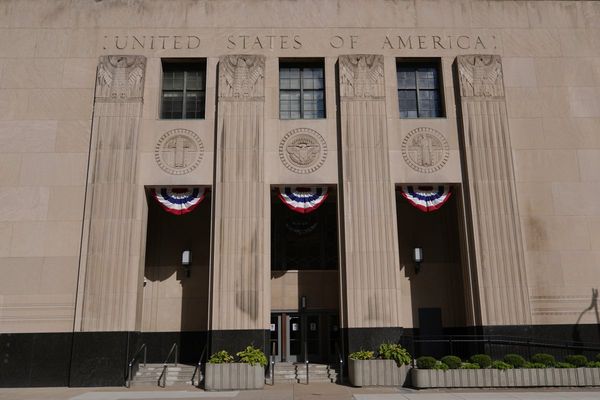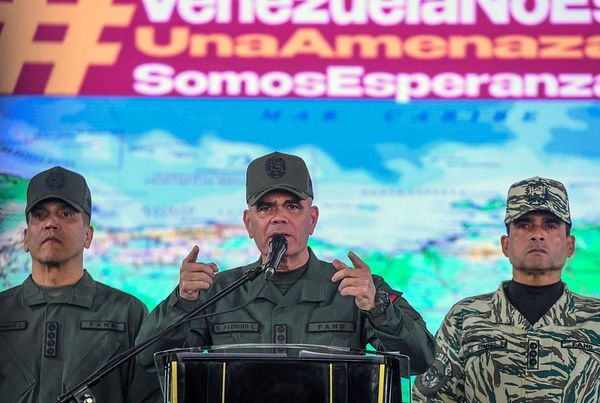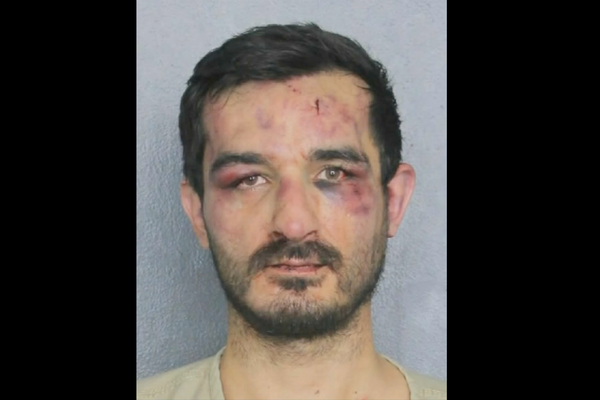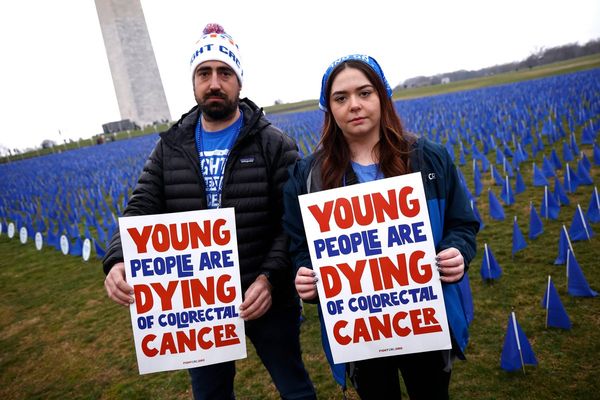North Korea has vowed never to give up its nuclear arsenal, telling the UN General Assembly it sees the weapons as tantamount to its “right to existence”.
In the first speech by a North Korean official at the UNGA since 2018, vice foreign minister Kim Son Gyo said the North’s nuclear weapons programme – which is heavily sanctioned by the UN – was vital to maintaining a “balance of power” with South Korea.
“We will never give up nuclear, which is our state law, national policy and sovereign power as well as the right to existence. Under any circumstances, we will never walk away from this position,” Mr Kim declared during his address on Monday.
“Imposition of denuclearisation on the DPRK is tantamount to demanding it to surrender sovereignty and right to existence and violate the Constitution,” he said, referring to the country’s formal name, the Democratic People’s Republic of Korea. “We will never give up sovereignty, abandon the right to existence and violate the Constitution.”
Last week the South Korean government said North Korea is operating four uranium enrichment sites, including the well-known Yongbyon facility. According to the South Korean unification minister, Chung Dong Young, the centrifuges at these sites are running daily.
Kim Jong Un has called for the rapid expansion of the country’s nuclear arsenal and said it will never again be used as a bargaining tool in talks with US president Donald Trump. The two met multiple times during Mr Trump’s first term and discussed exchanging denuclearisation for the removal of sanctions – but could not agree on what should come first.
Mr Kim recently said he still has “good memories” of his meetings with Mr Trump but insisted the US drop its demands for North Korean denuclearisation. Since taking office for his second term, Mr Trump has repeatedly said he hopes to resume dialogue with the North Korean leader.
During his UN speech the North Korean vice foreign minister criticised joint military drills between the US, South Korea and Japan, calling them a “growing threat of aggression”, and framed North Korea’s nuclear weapons as the key reason “the balance of power on the Korean Peninsula is ensured”.
Without directly naming the US, the North Korean official denounced “hegemonic forces” and an “indiscriminate tariff war”.
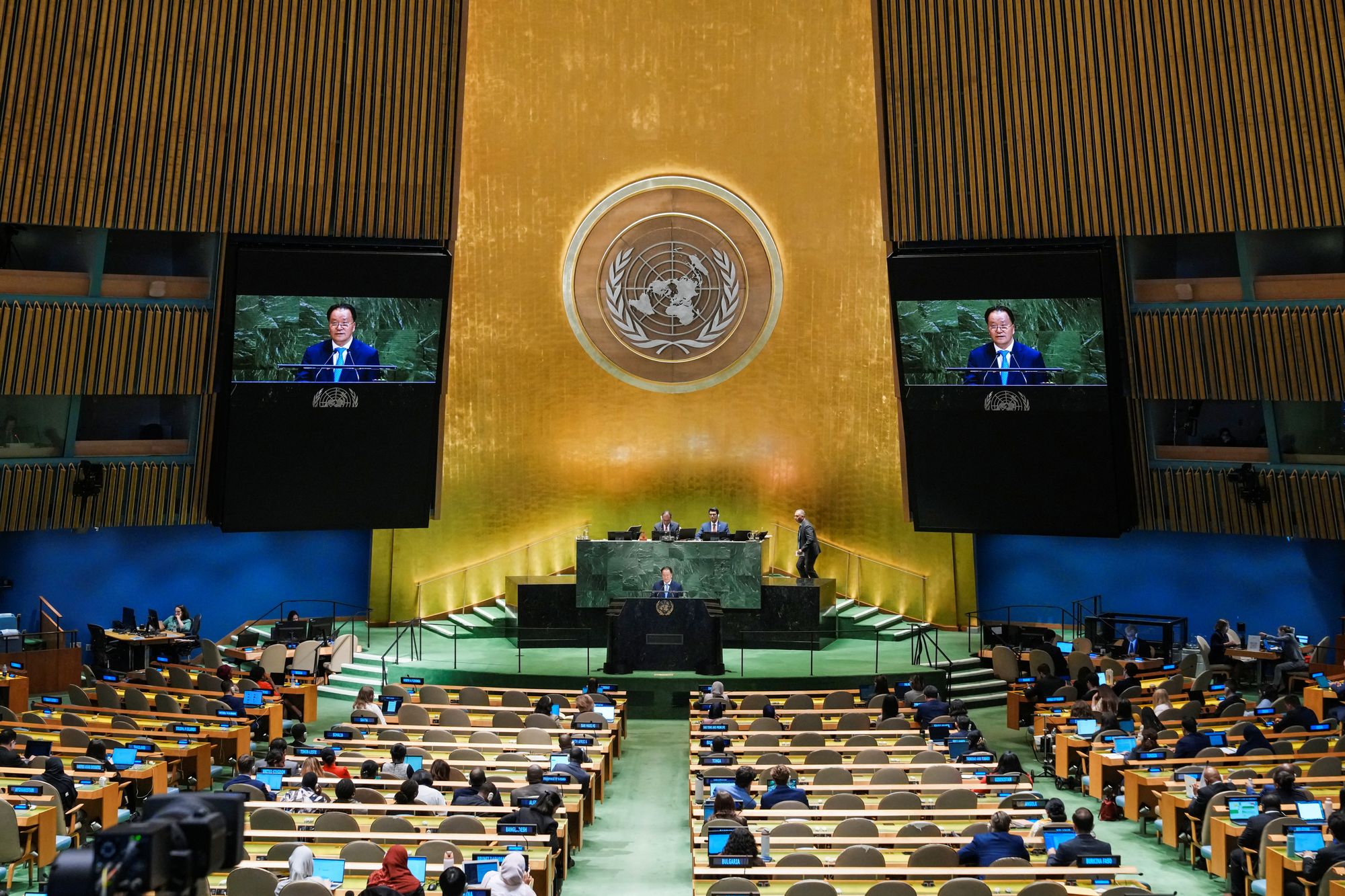
Meanwhile, South Korean president Lee Jae Myung, speaking at the same high-level meeting last week, proposed a path toward “peaceful coexistence and shared growth on the Korean Peninsula”, aiming to restore trust and mutual respect – an overture that Mr Kim did not address.
Mr Lee said: “The first step will be to restore broken inter-Korean trust and shift to a stance of mutual respect.”
.@antonioguterres met with Mr. Kim Son Gyong, Vice-Minister for Foreign Affairs of the Democratic People’s Republic of Korea.
— UN Spokesperson (@UN_Spokesperson) September 29, 2025
They discussed the situation on the Korean Peninsula, among other topics: https://t.co/Ia6hLzTM7P pic.twitter.com/jtWSg4ppC8
Despite being under UN sanctions and arms embargoes since its first nuclear test in 2006, Pyongyang has steadily advanced its nuclear weapons and ballistic missile programmes.
In 2024, nearly all nine nuclear-armed states – the United States, Russia, the United Kingdom, France, China, India, Pakistan, North Korea, and Israel – continued to pursue extensive nuclear modernisation programmes, upgrading existing arsenals and developing newer, more advanced weapons, according to a report by the Stockholm International Peace Research Institute (SIPRI).
North Korea continues to strengthen ties with China and Russia, following the North Korean leader’s first summit with Xi Jinping in over six years and their joint participation with Russian president Vladimir Putin at Beijing’s landmark military parade earlier in September.
A follow-up meeting between North Korean and Chinese foreign ministers emphasised deepening bilateral cooperation and resisting “hegemonism”, signalling coordinated opposition to US influence in the region.
First batch of Chinese tourists arrives after South Korea begins visa-free entry
South Korea scrambles to restore services after fire hits government data centre
South Korea legalises tattooing by non-medical professionals after decades of ban
Seoul man who killed wife for refusing sex after miscarriage jailed for 25 years

